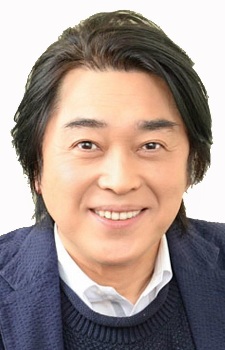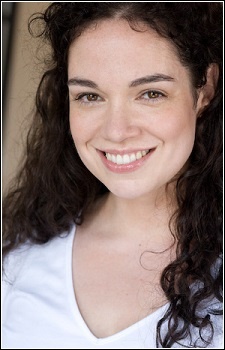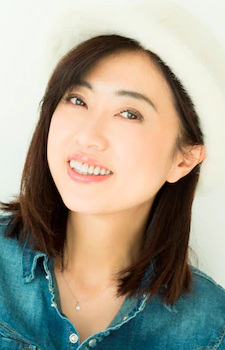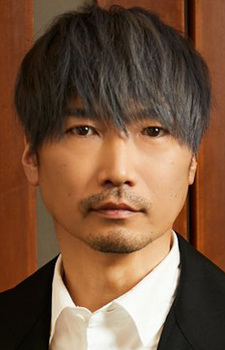
About
Latios is a Pokémon with a birdlike body stylized after a plane. Its body flows slowly into a thick neck, giving it a bulky appearance. It has no legs, usually floating instead. Most of its body is blue, with white areas near its arms and a white stripe on its back that extend up to its head. Jet-plane wings sit on top of its back, while two tall, jagged fins point behind it from its rear. A red triangle marks the center of its chest, while a blue mask partially covers its face. Long, ear-like f...
Latios is a Pokémon with a birdlike body stylized after a plane. Its body flows slowly into a thick neck, giving it a bulky appearance. It has no legs, usually floating instead. Most of its body is blue, with white areas near its arms and a white stripe on its back that extend up to its head. Jet-plane wings sit on top of its back, while two tall, jagged fins point behind it from its rear. A red triangle marks the center of its chest, while a blue mask partially covers its face. Long, ear-like fins extend from its jaws to over its head, and its eyes are red. It has three-fingered arms with a blue covering on the outer side of the lower arms. Latios is a male-only species, with being its female counterpart.
Latios has a gentle nature and will avoid fighting whenever possible. It can fly faster than a jet by tucking in its arms. In the fifth movie, Latios had the ability "Sight Sharing" (Japanese: ゆめうつし Dream Analysis) which allowed Latias and people around it to see exactly what Latios was seeing. Oakley also mentioned that it can shape-shift. It prefers compassionate Trainers, to whom it opens its heart. Latios uses telepathy to detect locations and the emotions of others and can understand human speech. It lives by the water's edge. Latios loves Latios Treats made by Snacksworth, who once encountered and followed it to a secret spot in the past. Latios can be summoned by the Eon Flute.
Forms
Latios can Mega Evolve into Mega Latios.
As Mega Latios, the blue parts of its body change to purple. Horns grow from the side of its head and run along its jaw. It loses the wings on its back and similar but larger wings attach to its lower arms, normally held in a level position. Triangle shapes now mark the forward point of its wings instead of its chest.
(Source: Bulbapedia)
Voice Actors

Ebara, Masashi
Japanese
Lillis, Rachael
English
Knotz, Michele
English
Hayashibara, Megumi
Japanese

